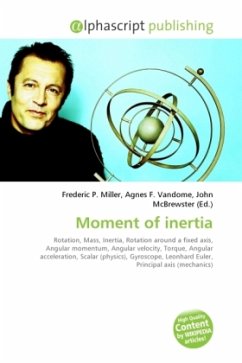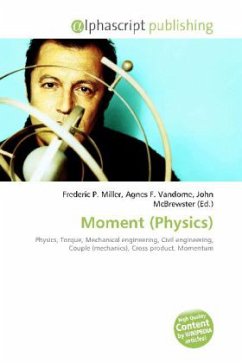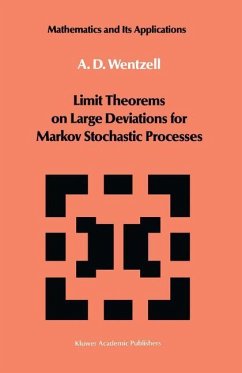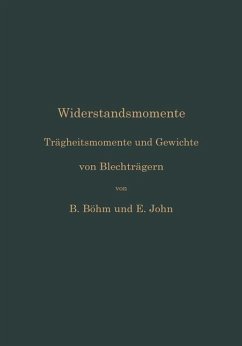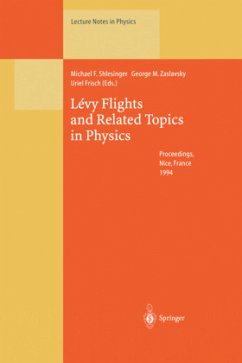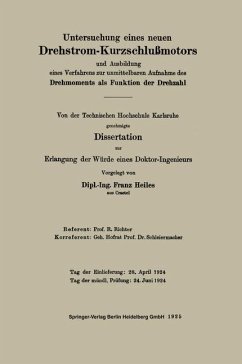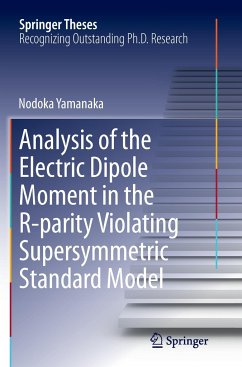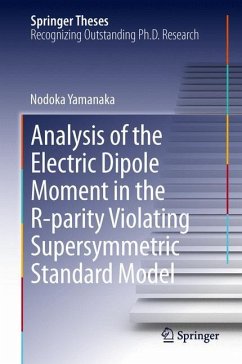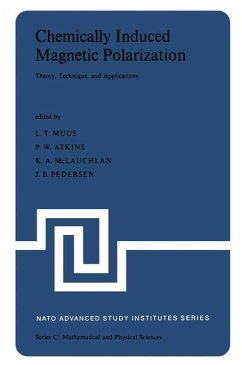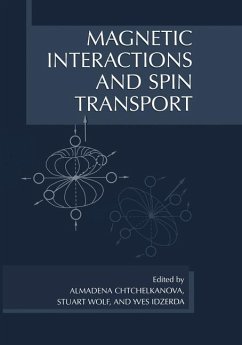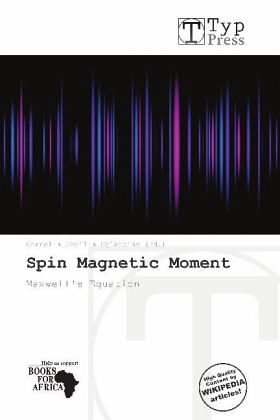
Spin Magnetic Moment
Maxwell's Equation
Herausgegeben: Eglantine, Cornelia C.
Versandkostenfrei!
Versandfertig in 6-10 Tagen
26,99 €
inkl. MwSt.

PAYBACK Punkte
13 °P sammeln!
A spin magnetic moment is induced by all charged particles. The electron is an example of one such charged particle. A spin magnetic moment is created because a particle has physical properties known as spin and electric charge. The spin within classical physics would be an object that rotates axially around its center of mass. In quantum mechanics, elementary particles are points, which have no axis to revolve around. This means these particles do not have spin in a classical sense, as angular momentum is defined by mathbf{L} = mathbf{r} times mathbf{p}, but have the physical property of angu...
A spin magnetic moment is induced by all charged particles. The electron is an example of one such charged particle. A spin magnetic moment is created because a particle has physical properties known as spin and electric charge. The spin within classical physics would be an object that rotates axially around its center of mass. In quantum mechanics, elementary particles are points, which have no axis to revolve around. This means these particles do not have spin in a classical sense, as angular momentum is defined by mathbf{L} = mathbf{r} times mathbf{p}, but have the physical property of angular momentum (see Spin (physics)). Maxwell's theory of magnetic fields dictates that any moving charged particle creates a magnetic moment, and by definition, angular momentum designates movement. This is where the magnetic moment emerges in classical electromagnetism.



